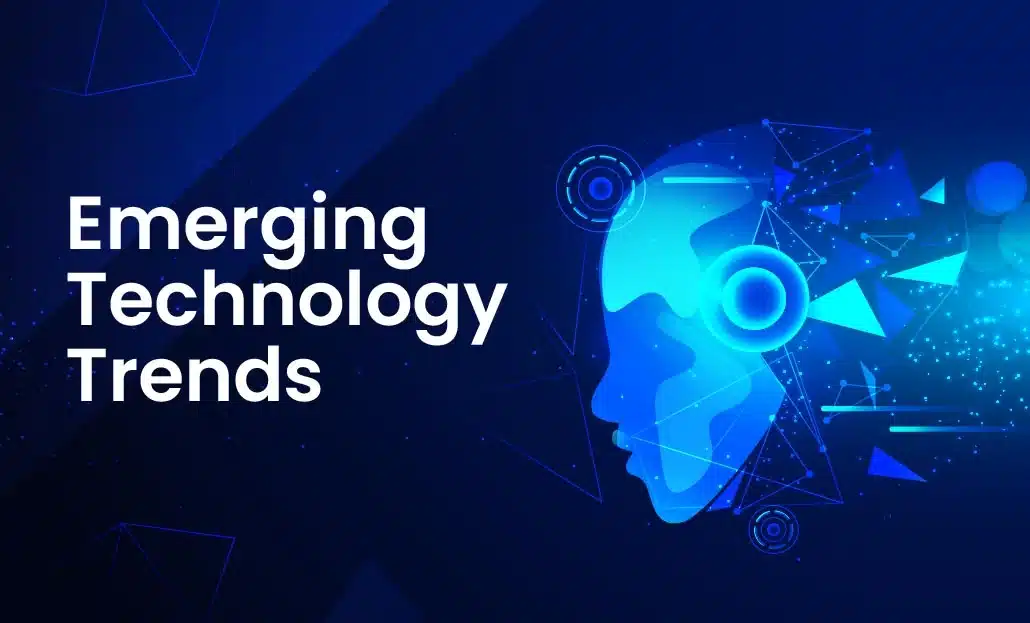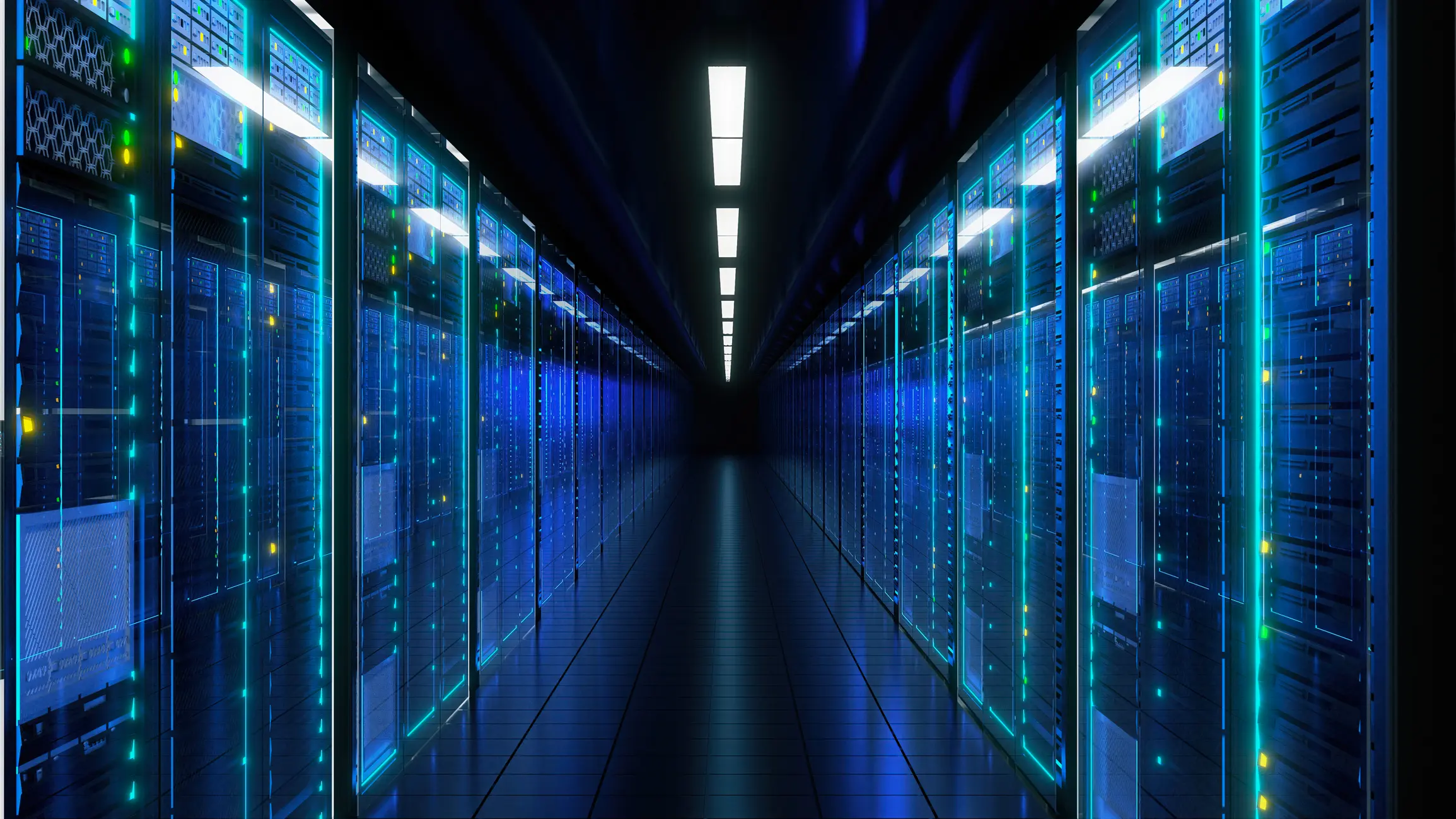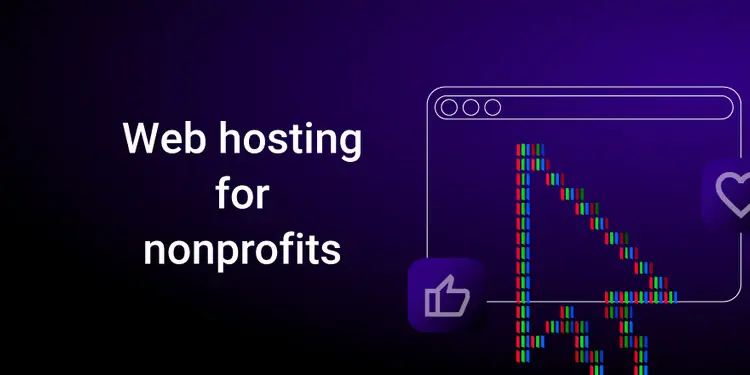
Technology is evolving at an unprecedented pace, bringing new innovations that have the potential to transform industries and everyday life. Staying informed about emerging trends can give you a competitive edge in business and personal development. In this article, we explore the top 10 emerging tech trends that you need to know about in 2024.
1. Artificial Intelligence (AI) and Machine Learning (ML)
Artificial Intelligence (AI) and Machine Learning (ML) are becoming integral parts of businesses across industries. These technologies are enhancing automation, personalization, and decision-making by analyzing large datasets in real time.
Features:
- Predictive analytics.
- Natural language processing.
- Automation of routine tasks.
- Personalized customer experiences.
- AI-driven decision-making.
Applications:
- Healthcare diagnostics.
- Autonomous vehicles.
- AI-powered chatbots and customer service.
2. Quantum Computing
Quantum computing is set to revolutionize industries that require complex computational tasks, such as cryptography, drug discovery, and financial modeling. Unlike classical computers, quantum computers can process vast amounts of data simultaneously, offering unprecedented processing power.
Features:
- Enhanced computing speed.
- Solving complex problems faster.
- Quantum encryption for security.
Applications:
- Cryptography and cybersecurity.
- Molecular simulations in pharmaceuticals.
- Optimization in logistics and supply chain.
3. 5G and Beyond
The rollout of 5G networks is transforming the way we interact with technology, enabling faster data transfer, low latency, and seamless connectivity for smart devices. The next wave, 6G, promises even more advancements in communication and IoT.
Features:
- Higher internet speeds (up to 100 times faster than 4G).
- Ultra-low latency.
- Enhanced connectivity for IoT devices.
Applications:
- Smart cities and infrastructure.
- Autonomous vehicles.
- Augmented and virtual reality (AR/VR).
4. Blockchain and Decentralized Finance (DeFi)
Blockchain technology continues to grow beyond cryptocurrencies. Its decentralized and secure nature is being used in supply chain management, voting systems, and finance. Decentralized Finance (DeFi) is also gaining momentum, offering an alternative to traditional banking and financial systems.
Features:
- Secure and transparent transactions.
- Decentralization.
- Smart contracts for automation.
Applications:
- Secure voting systems.
- Supply chain tracking.
- Decentralized financial services (DeFi).
5. Extended Reality (XR): AR, VR, and MR
Extended Reality (XR), which includes Augmented Reality (AR), Virtual Reality (VR), and Mixed Reality (MR), is reshaping industries like gaming, education, and healthcare. These immersive technologies offer new ways to interact with digital content and the real world.
Features:
- Immersive digital experiences.
- Real-time interaction with virtual elements.
- Enhanced training and simulations.
Applications:
- Virtual meetings and collaboration.
- Healthcare simulations and remote surgeries.
- Immersive learning and education.
6. Edge Computing
Edge computing processes data closer to where it’s generated, reducing latency and bandwidth use. With the growth of IoT and 5G, edge computing is becoming essential for real-time data processing in smart devices, vehicles, and industrial applications.
Features:
- Low latency processing.
- Reduced bandwidth use.
- Real-time data analysis.
Applications:
- Autonomous vehicles.
- Smart cities and IoT devices.
- Industrial automation.
7. Biotechnology and Gene Editing
Advances in biotechnology, especially CRISPR and gene editing, are opening up new possibilities in medicine, agriculture, and environmental sustainability. Gene editing technologies allow scientists to modify DNA and address genetic disorders or enhance crop resilience.
Features:
- Precision DNA editing.
- Potential to cure genetic diseases.
- Development of sustainable crops.
Applications:
- Treatment of genetic disorders.
- Development of pest-resistant crops.
- Personalized medicine.
8. Cybersecurity and Zero Trust Security Models
As cyberattacks become more sophisticated, cybersecurity is evolving to keep pace. The Zero Trust security model assumes no entity, whether inside or outside the organization, can be trusted, requiring stringent verification at every access point.
Features:
- Enhanced security protocols.
- Continuous verification of user identity.
- Network segmentation to limit breaches.
Applications:
- Secure remote working environments.
- Protection of sensitive data in cloud environments.
- Safeguarding IoT and smart devices.
9. Robotics and Automation
Robots and automation are transforming industries such as manufacturing, logistics, and healthcare by enhancing productivity, reducing costs, and improving safety. With advancements in AI, robots are becoming more capable of performing complex tasks with precision.
Features:
- Increased automation of manual tasks.
- AI-driven decision-making in robots.
- Safe and efficient operation in hazardous environments.
Applications:
- Autonomous warehouses and delivery systems.
- Robotic surgery and patient care in healthcare.
- Automated quality control in manufacturing.
10. Sustainable Tech and Green Innovation
As the world faces environmental challenges, technology is increasingly focused on sustainability. Green technologies such as renewable energy, electric vehicles, and carbon capture systems are driving the shift toward more sustainable business practices.
Features:
- Renewable energy solutions (solar, wind).
- Low carbon emission technologies.
- Waste reduction through circular economy practices.
Applications:
- Sustainable energy systems.
- Electric vehicles and charging infrastructure.
- Eco-friendly manufacturing processes.
Conclusion
The technological landscape is rapidly evolving, with innovations that promise to reshape industries and enhance human capabilities. Staying up to date with these emerging tech trends can help you adapt to changes, remain competitive, and harness new opportunities in business and personal growth.
FAQs
1. How will 5G impact businesses?
5G will revolutionize industries by enabling faster data transfer, lower latency, and better connectivity for smart devices, improving automation, IoT, and real-time communication.
2. What industries will benefit from quantum computing?
Industries like finance, healthcare, and logistics will benefit from quantum computing due to its ability to solve complex problems at an unprecedented speed.
3. How can AI improve business operations?
AI can automate routine tasks, analyze large datasets for insights, and improve decision-making processes, enhancing efficiency and productivity in various industries.
4. What are the challenges of adopting blockchain technology?
Some challenges include regulatory uncertainty, scalability issues, and the complexity of integrating blockchain into existing systems.
5. How is green technology impacting the environment?
Green technology is reducing carbon footprints by promoting renewable energy, improving energy efficiency, and encouraging sustainable business practices.





